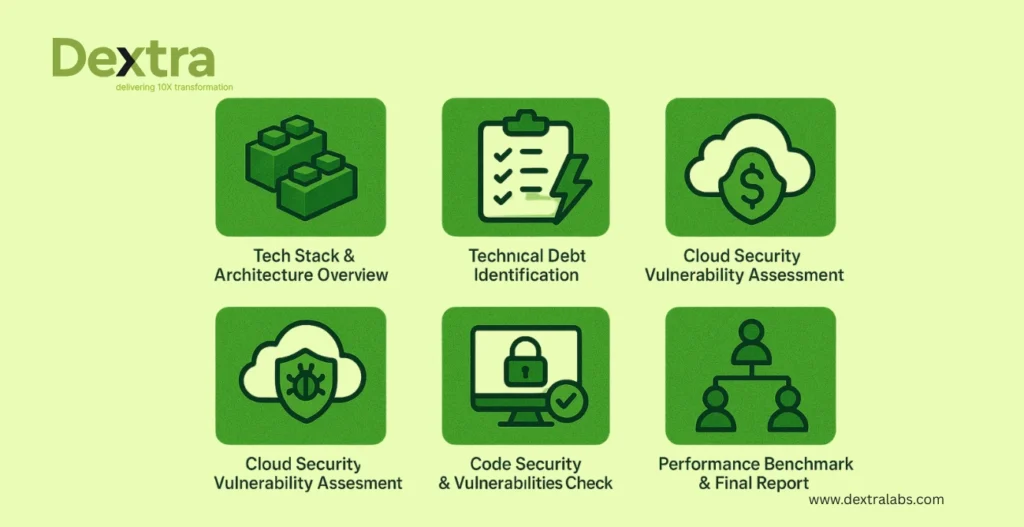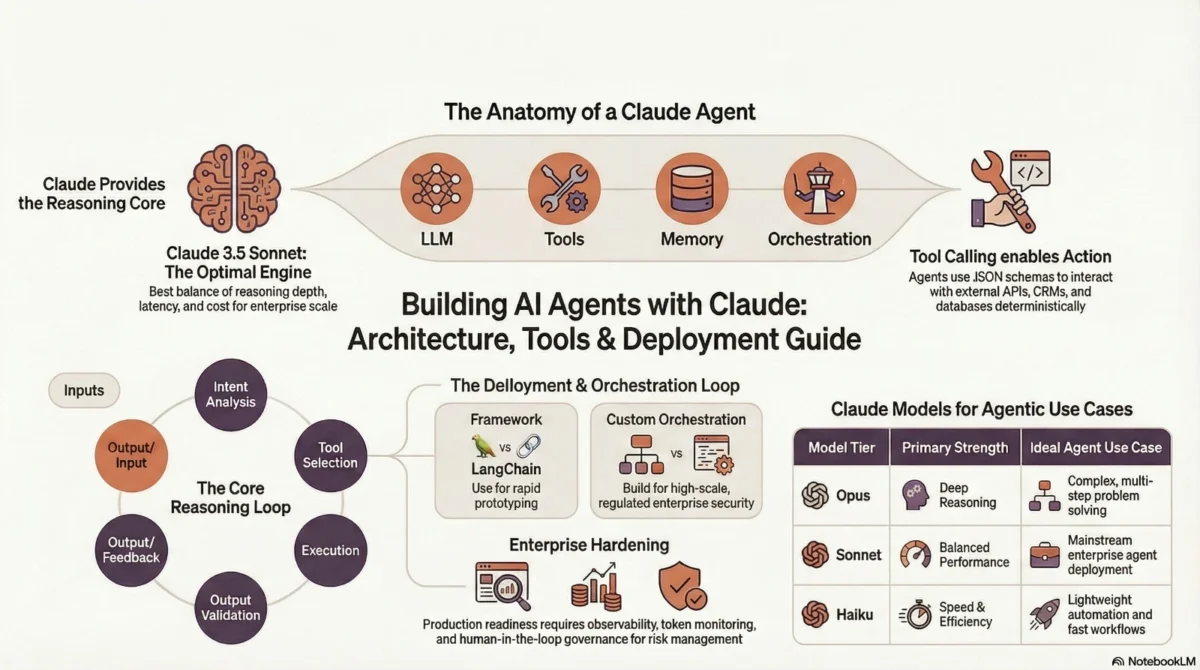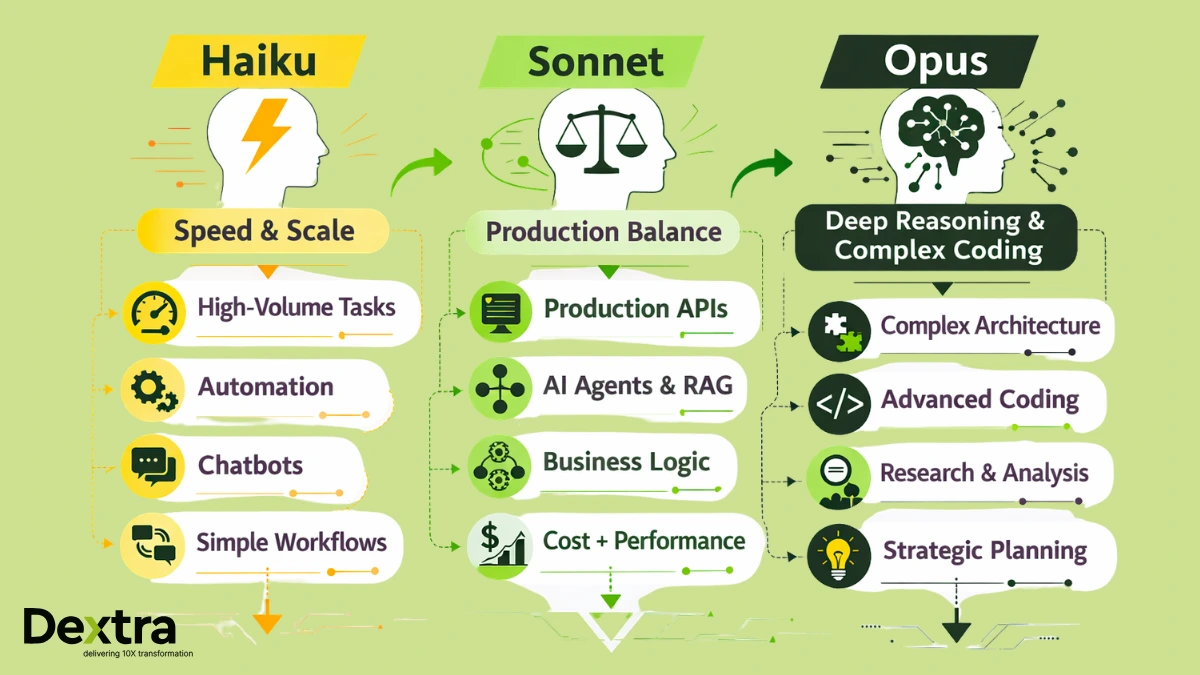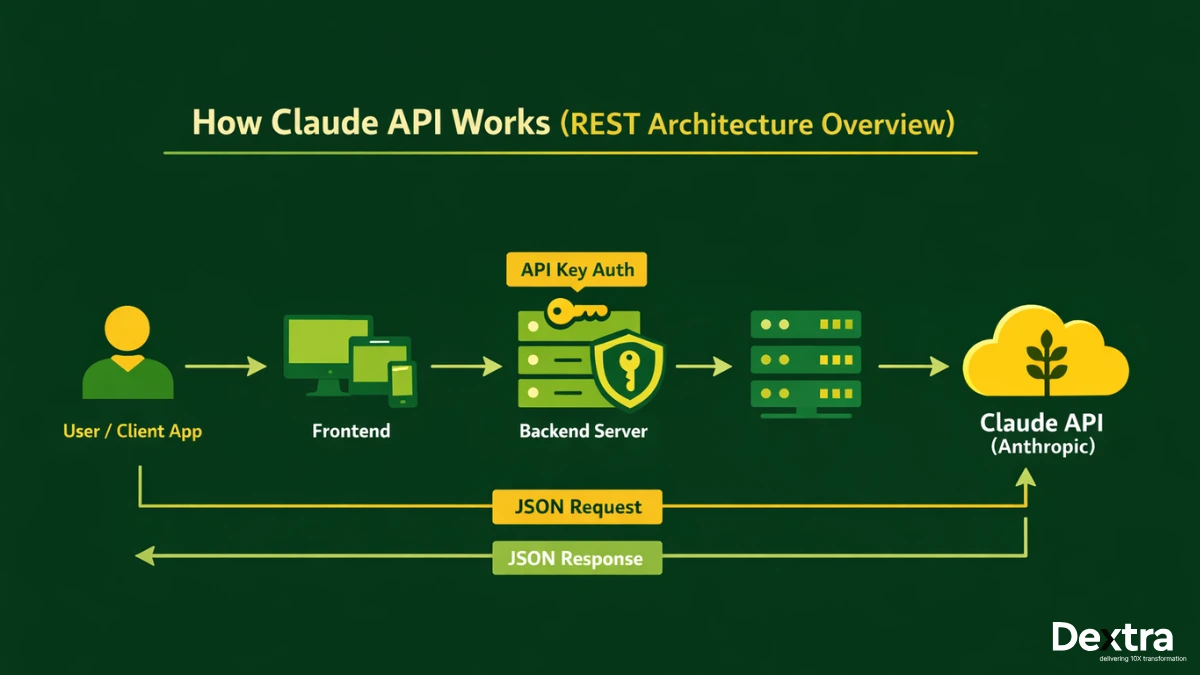“As per market experts, the average time spent on tech dd is 12 weeks, yet market pressures often demand much faster turnarounds-making a 7-day process both ambitious and highly relevant.” No worries! Dextralabs delivers instant tech due diligence in just 7 days.
Startups move fast. Funding rounds come together in days, not months. If you’re an investor, PE firm, advisor, or founder, you often don’t have the luxury of time to dig through every detail.
That’s why a 7-day technical due diligence (DD) process isn’t just possible, it’s becoming the norm. If you have the right checklist and a focused approach, you can get a clear picture of a startup’s technology, team, product, and risks in just one week.
This guide will help you do exactly that. It’s built for busy investors, and advisors who need to move quickly but still want to make wise, well-informed decisions. We’ll take it one step at a time, highlight typical risks, and teach you to evaluate startups in an easy, systematic manner.
What is Technical Due Diligence for Startups?
Technical due diligence (tech DD) is the process of examining a startup’s technology to help ensure that it is solid, safe, and ready for tremendous growth. Tech DD is an important step for investors to determine if a startup’s technology can sufficiently support its business.
In startups, tech DD doesn’t just mean checking code. It looks at the product, the tech stack, the development team, and any risks, like data security issues or important tools the startup relies on.
Looking for world-class Tech DD support?
Our experts deliver deep, practical insights that investors & PE firms trust and founders rely on.
Schedule a free consultation now!The main goals of instant tech DD are to confirm that the technology is well-built, the product works as expected, and the team can deliver. It also helps find risks such as poorly structured code, missing documentation, or binding vendor contracts that could become a problem later.
There are two main types of tech DD. Investor-focused DD is done by those thinking about investing. It’s about spotting red flags before writing a check. Founder-focused DD is usually internal, done to prepare for fundraising. It’s about fixing issues before investors see them.
A typical tech DD process includes reviewing documents, testing the product, checking the code, evaluating the team, and reviewing how the startup handles data and security. It ends with a clear report that highlights what’s working and what’s risky.
Why Instant Tech Due Diligence Matters for Investors?
In the world of early-stage startups, deals move quickly. Delays kill momentum, and if you’re not quick with your technical due diligence for startups, you risk losing out on an investment opportunity. Investors or Fractional CFOs need to act fast because startups often close funding rounds in just days, not weeks. If you take too long, competitors may jump in, or market conditions may shift, increasing your risks.
Instant due diligence becomes even more important in high-pressure situations like accelerator programs, bridge rounds, or M&A deals. These require rapid evaluations to keep things moving smoothly. By conducting a rapid startup assessment, investors can move faster and make more confident decisions, reducing the chance of losing a round or missing out on a key opportunity.
7-Day Startup Evaluation Checklist:
In a fast-track 7 day tech due diligence, Dextralabs focuses on core technical pillars critical for investment decisions. Here’s how we break it down:

Day 1: Tech Stack & Architecture Overview
- Identify core components of the tech stack
- Evaluate alignment of architecture with business goals
- Check for modularity, maintainability, and upgrade readiness
Day 2: Technical Debt Identification
- Review outdated frameworks, redundant libraries, and shortcuts
- Identify high-risk areas likely to incur cost/time during scaling
- Prioritize refactoring zones and immediate risks
Day 3: Cloud Architecture & Infrastructure Costs
- Analyze current cloud setup (AWS, Azure, GCP, etc.)
- Validate cost-efficiency and scaling configuration
- Detect misconfigured or unused cloud resources
Day 4: Cloud Security Vulnerability Assessment
- Scan for access control misconfigurations
- Review exposed services, unpatched environments, or insecure ports
- Validate compliance-readiness (SOC2, ISO, GDPR depending on target markets)
Day 5: Code Security & Vulnerabilities Check
- Run static code analysis (SAST) to flag security issues
- Detect hard-coded secrets, dependency risks, or weak encryption
- Review secure coding practices and build security hygiene
Day 6: Team Skills Map & Capability Gap Analysis
- Assess technical team roles and skill distribution
- Identify key-person dependency and talent gaps
- Evaluate readiness for scaling, re-architecture, or pivoting
Day 7: Performance Benchmark & Final Report
- Benchmark product against industry-standard metrics (latency, scalability, uptime, etc.)
- Consolidate findings in an investor-ready report
- Highlight strengths, red flags, and investment risks
Key Criteria for Startup Assessment
When venture capitalists (VCs) and private equity (PE firms) analysts look at startups, they predominantly look at a few different areas to assess the investment potential. The main areas will include tech, team, timeline, product-market fit, and scale potential.
For Tech, investors want to be sure that the startup’s tech is not only modern, viable, secure, and scalable. But they also want to have some assurance that the startup’s tech aligns with their business goals. The team is also an important consideration. Investors are looking for founders who have the right expertise to achieve the vision and a good team that is able to execute on the vision.
Timeline is important too; VCs and PE firms assess whether the startup has a realistic roadmap and achievable milestones for growth. Product-market fit is another key area, investors want to know that the product or service addresses a clear market need. In the end, scaling is important; investors favour businesses with rapid growth opportunities and the capabilities to deal with the challenges of scaling.
For a deeper understanding, a detailed tech due diligence checklist is available for download as a PDF, offering a structured approach to evaluating these key factors.
Common Risks Uncovered in Tech DD
- Lack of IP Protection: No clear intellectual property agreements or patents, leaving the startup vulnerable to legal issues.
- Over-engineered MVP or Fragile Codebase: An unnecessarily complex MVP or weak codebase that hinders scaling and maintenance.
- No Testing Coverage or Dev Process: Lack of proper testing or a structured development process, increasing the risk of bugs and delays.
- Tech Founder Dependency or Team Skill Gaps: Over-reliance on a single tech founder or gaps in the team’s skillset, impacting execution and growth.
- Binding Vendor Contracts Without Clear Exit Clauses: Vendor agreements that don’t allow flexibility, causing problems if the startup needs to pivot or change suppliers.
How to Prepare a Startup Audit Report?
At Dextralabs, when preparing a startup audit report, we focus on presenting findings that clearly highlight strategic risks and investment opportunities. We follow the RCIO model (Risk leads to Cost, and Investments create Opportunity), which helps investors quickly understand where risks might result in increased costs and where the startup’s strengths could unlock future growth potential.
Format:
- Executive Summary: Start with a high-level overview of the audit, summarizing key findings, strategic risks, and investment opportunities. We use a simple red/yellow/green flag system to highlight high-risk (red), moderate-risk (yellow), and low-risk (green) areas.
- Tech Stack Review: Evaluate the start-up’s tech stack to assess its scalability, security, and relevance to the start-up’s business objectives.
- Team Review: Review the capability of the start-up’s team and identify gaps or dependencies that could hinder the start-up’s capacity to grow or execute.
- Roadmap Alignment: Ensure the development roadmap for the start-up aligns with the business objectives, market strategy, and investor expectations.
To help streamline the process, Dextralabs uses Notion, Google Sheets, and due diligence dashboards to accelerate reporting.
Final Words
Structured and quick tech dd are vital to making fast and informed investment decisions. With a 7-day tech due diligence, investors, PE firms & deal aggregators can edge through the key risks and opportunities and continue keeping deals on track.
Need a 7-day DD for your next deal?
Book Dextra labs’ Rapid Tech DD Package Today.
Book Your Free CallFAQs on Rapid Startup Due Diligence:
Q. Can a complete DD really be done in 7 days?
Yes, it is possible to execute a full tech due diligence for startups in a 7-day timeframe when prioritizing the core technical pillars and using effective tools to expedite attention to the relevant.
Q. What tools do agencies use to speed this up?
Agencies like Dextralabs use tools like Notion, Google Sheets, and due diligence dashboards to streamline collaboration, data analysis, and reporting.
Q. Should founders be involved during the DD week?
Yes, founders should be involved to provide key insights, answer questions, and help clarify any areas that need further investigation during the rapid due diligence process.
Q. What’s the cost of a fast-track DD?
The cost of a fast-track due diligence depends on the startup’s complexity, but it is generally priced based on the scope of the audit and the speed required to complete it.








